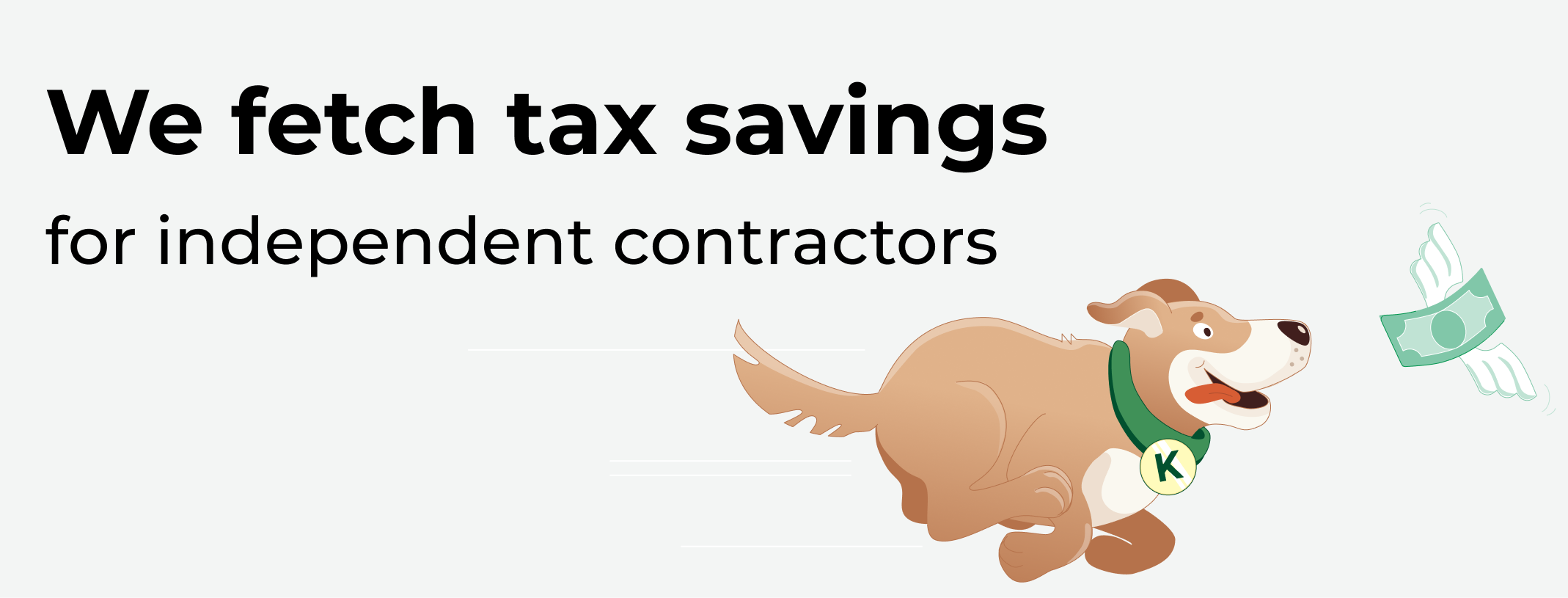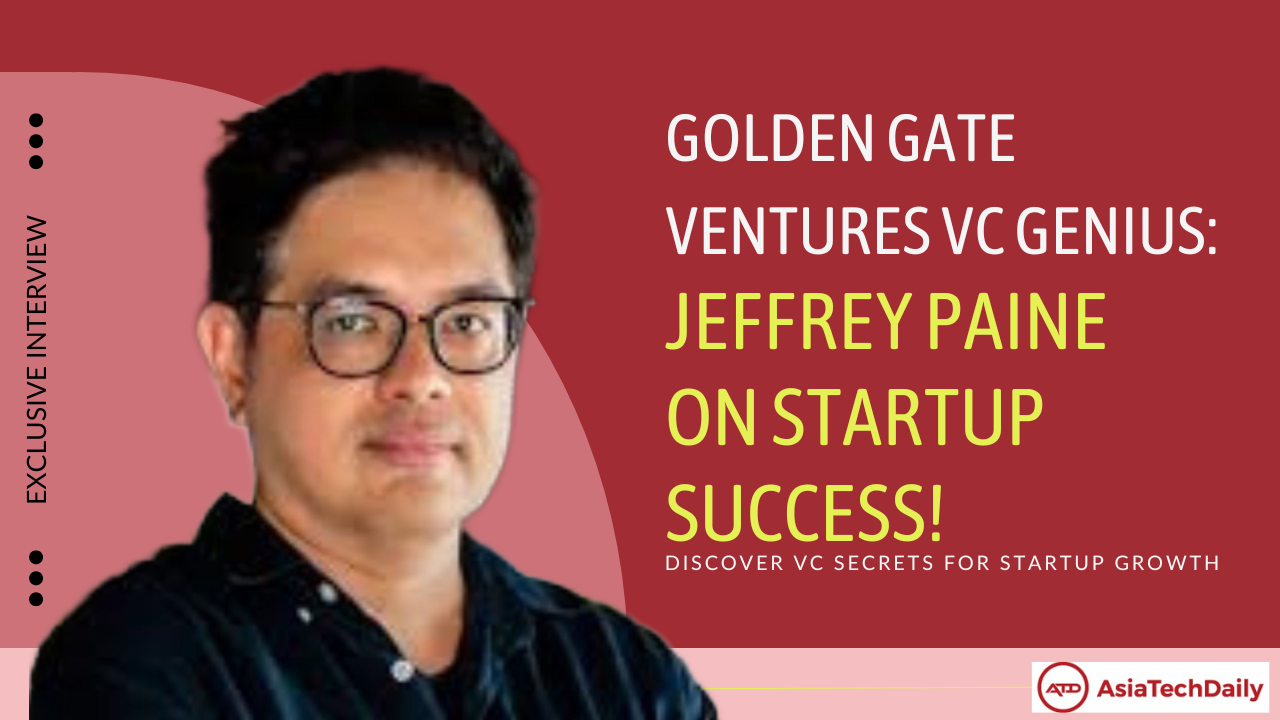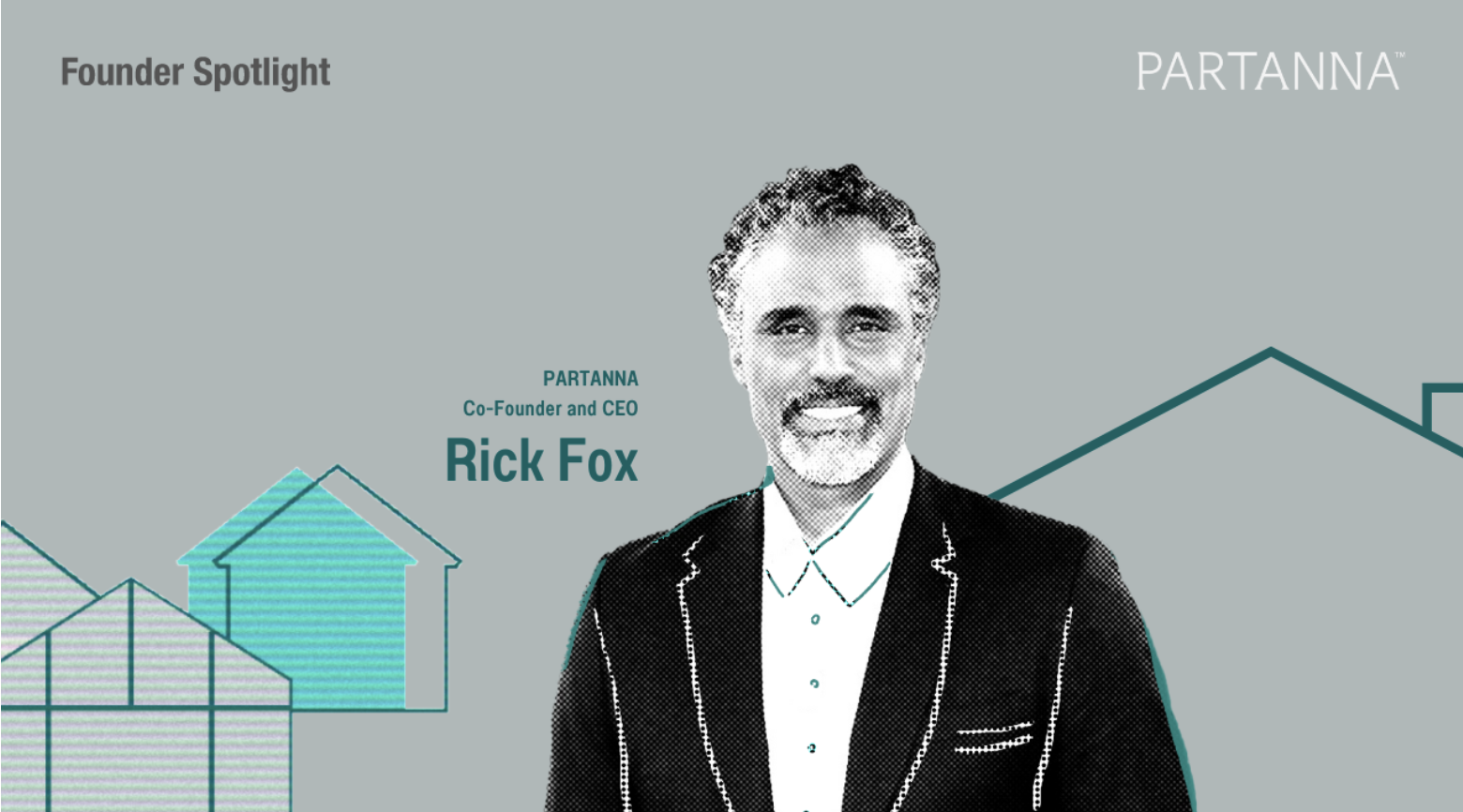AsiaTechDaily – Asia's Leading Tech and Startup Media Platform

How David Kang, Founder And COO Of Keeper Tax Helps People Save $1,249 In Under 10 Minutes?
David Kang graduated from the University of Chicago and worked as an equity options trader for 5 years before founding Keeper Tax with a high school friend. The idea from the start was to help independent workers like rideshare drivers, real estate agents, and contractors save money on taxes.
Keeper Tax automatically finds write-offs among your purchases. As per claims on the official website, people find US$1,249 extra savings in under 10 minutes. Keeper Tax automatically monitors your purchases for write-offs you would have missed. At the time of tax filing, you can file directly through them, or seamlessly export your savings.
In an exclusive interview with AsiaTechDaily, David Kang says:
I’d say the most important thing is to make sure you have a plan for gathering feedback from the launch and being prepared for rapid iteration. No rule says you need to get everything right on the initial launch, and many startups end up launching multiple times.
Overengineering is a common trap. I see too many first-time founders say they aren’t ready to show their product to users yet. You should launch as soon as your product is even remotely functional. Often the initial idea isn’t quite right, and you can only discover this by getting real user feedback. When we launched Keeper Tax, our backend was mainly just a bunch of Google spreadsheets (I’m not kidding).
Read on to know more about David Kang and his journey.
 Please tell me about your personal background, and what are you working on currently?
Please tell me about your personal background, and what are you working on currently?
David Kang: I graduated from the University of Chicago and worked as an equity options trader for 5 years before founding Keeper Tax with a high school friend. The idea from the start was to help independent workers like rideshare drivers, real estate agents, and contractors save money on taxes. The U.S. has a complicated system for how these folks can claim tax deductions on their business expenses, and the average person can’t afford an accountant to figure this out. Keeper Tax solves this problem by automatically identifying tax write-offs for our users and filing their taxes at a low cost.
What motivated you to get started with your company?
David Kang: My co-founder Paul and I were both itching to work on something in the fintech space, given his background in tech and my background in finance. Paul previously worked at a fintech startup that helped Uber drivers track their work mileage for tax purposes. As we explored ideas, we quickly realized that taxes were a huge problem for not just rideshare drivers, but all independent workers. The average U.S. independent worker has only a couple hundred dollars in savings, but they were consistently overpaying on taxes. These folks needed a service that could offer them tax guidance without costing them an arm and a leg.
How have you attracted users and grown your company from the start?
David Kang: At first, we used a lot of growth hacks. We posted on Craigslist and offered our product directly to rideshare drivers that we took rides with. Our pitch was simple: “Do you want to save more money on taxes?” It turns out most folks did. We also relied on word-of-mouth from our early adopters for several months. As our company grew from 100 users to over 10k in the past year, we’ve started to negotiate partnerships with other worker platforms, as well as running paid ads on social media.
What’s your business model, and how have you grown your revenue? What strategy worked best?
David Kang: We charge a monthly subscription fee for finding tax write-offs for our users, and a one-time payment if they choose to file their taxes with us. Our tax filing product is new this year. In the past, we helped our users find tax write-offs, but when it came time to do their taxes, they needed to go elsewhere. By assisting users in filing their taxes, we’ve become a comprehensive platform for our users’ tax needs. This has helped a ton with increasing revenue per user.
How much money (funding) have you raised in total so far? When was the recent funding round? (Additionally, any plan for the future?)
David Kang: We’ve raised just over $2.8 million in total as a seed-stage startup. We have no immediate fundraising plans for the future. At the moment, we’re focused on executing on our vision and making sure we ; deliver the best possible product for our users.
What are some marketing tips to help maximize the success of a product launch?
David Kang: The launch day itself is generally more work than people realize. We launched across several different websites at once. You need to make sure you’re capable of handling the signup spike, as well as all the customer support questions you’ll get.
What is a good product launch checklist?
David Kang: I’d say the most important thing is to make sure you have a plan for gathering feedback from the launch and being prepared for rapid iteration. No rule says you need to get everything right on the initial launch, and many startups end up launching multiple times.
What’s the hardest thing about product launches?
David Kang: The emotional aspect for sure. Real users who don’t care about your feelings will use your product, and the feedback is not always what you want to hear. You need to be ready for that. On the other hand, it’s hard to describe the feeling you get when some users tell you how much they love what you’re building.
What are the most common mistakes founders make when they start a company? (or What should all first-time startup founders know before they start their business?)
David Kang: Overengineering is a common trap. I see too many first-time founders say they aren’t ready to show their product to users yet. You should launch as soon as your product is even remotely functional. Often the initial idea isn’t quite right, and you can only discover this by getting real user feedback. When we launched Keeper Tax, our backend was mainly just a bunch of Google spreadsheets (I’m not kidding).
What do most startups get wrong about marketing?
David Kang: Although we used a lot of growth hacks ourselves, I think some founders believe they can hack their way to success. That’s generally not true. At some point, you can’t “trick” people into using your product. If your product is not solving a need, you’ll stop growing sooner or later. The purpose of growth hacking is to get enough initial users to test your product so you can figure out how to improve it.
What’s the best advice you’ve ever received? And What advice do you have for someone who is interested in doing similar things like yours or in a similar direction?
David Kang: When we were part of Y Combinator’s startup accelerator, we were asked to set very aggressive 2-week goals. If we didn’t meet those goals two weeks later, we had to provide a lengthy explanation to the Y Combinator partners for why we missed our targets. I think finding ways to hold yourself accountable is extremely important. Building a startup is a long and challenging journey, and it’s easy to get distracted and fall off course. It’s also imperative to find time to wind down and de-stress as well. It’s all about finding the right ;balance.
What are the one or two things that you would do differently if you could go back to 10 years ago?
David Kang: 10 years ago, I had just started college. I’d tell my former self to relax and have more fun, but also to take more computer science classes!
You can follow David Kang here.
Are you looking to secure investment for your startup or a keen startup enthusiast, keep an eye on our interview section.
Follow Asia Tech Daily to know about the innovative startups and how they are revolutionizing the ecosystem.





